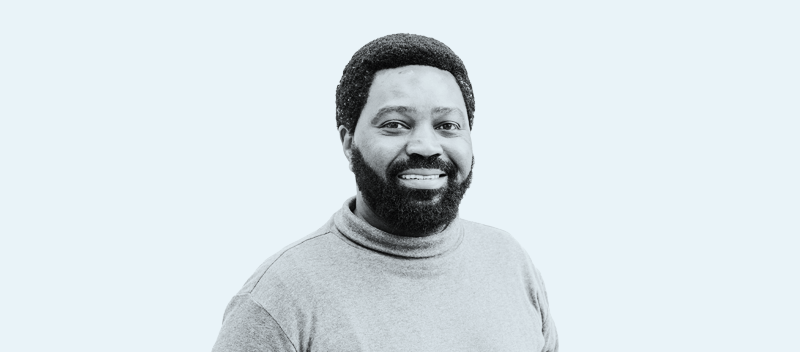A festival about failure and disappointment in science. It’s going to happen on 10 May. Jessica Duncan, co-organizer of The Great Failure Festival, thinks it’s high time for a conversation about failure in academia.
‘Most scientists are personally committed to their science. We put a lot of pressure on ourselves. That creates the idea that we must not fail, we must be perfect in everything’, says Jessica Duncan, associate professor of Rural Sociology and one of the initiators of The Great Failure Festival.
Space for emotions
The aim of the festival is to normalize talking about failure. ‘We will start a conversation about how we experience feelings of failure and perfectionism stress, and the imposter syndrome that comes along with it. How we experience and perceive failure is very personal. That emotional aspect is part of our work, but we don’t make room for it because it’s uncomfortable and seen to be unscientific. At the same time, it can be enormously helpful with respect to our own sustainability and wellbeing as academics.’
‘Eighty per cent of experiments fail’, Duncan continues. ‘That is not a taboo, but many students are not aware of the likelihood that they will encounter such setbacks.’ She does point out other taboos. ‘Failing to stand up for a colleague who is being treated unfairly, failing to get tenure, the rejection of a paper – people are ashamed of it, and what you learn from it remains hidden.’
Professors at the helm
According to Duncan, the call to share failures is an emerging discourse in science. But openness is risky: ‘Without job security, it is difficult to be honest about your setbacks. You have to prove yourself. Just try and convince a hiring committee if you openly share all your failures. This could change if we break the taboo around failure and see setbacks as an opportunity to learn and as part of science. Until then, it is not up to postdocs and assistant professors, but up to those with permanent contracts to show leadership and share their experiences, as hard as that is. In some ways, we have the luxury of failure.’
Duncan’s own idea of failure shifted during the course of her career. ‘Initially, it was about productivity: not publishing fast enough, or not publishing with enough impact.’ Now that she is more secure in her job, she feels that she fails more in advocacy: ‘Giving everyone equal speaking time in a meeting, speaking out when a female colleague is spoken over. It feels more personal and urgent, because I believe that science benefits from equality and diversity. At the same time, it is harder to succeed because I encounter resistance in the system.’
Failure fitness
The Great Failure Festival takes place on Tuesday 10 May in The Social Impact Factory in Utrecht, from 12.00 to 17.00 hrs. Everyone is welcome. The programme includes interviews with failure experts, failure fitness, a ‘CV of Failure’ workshop, and a closing theatre performance. The full programme can be found here. You can register via this form.

 The aim of the festival is to normalize talking about failure. Photo Unsplash/Michael Dziedzic
The aim of the festival is to normalize talking about failure. Photo Unsplash/Michael Dziedzic 

